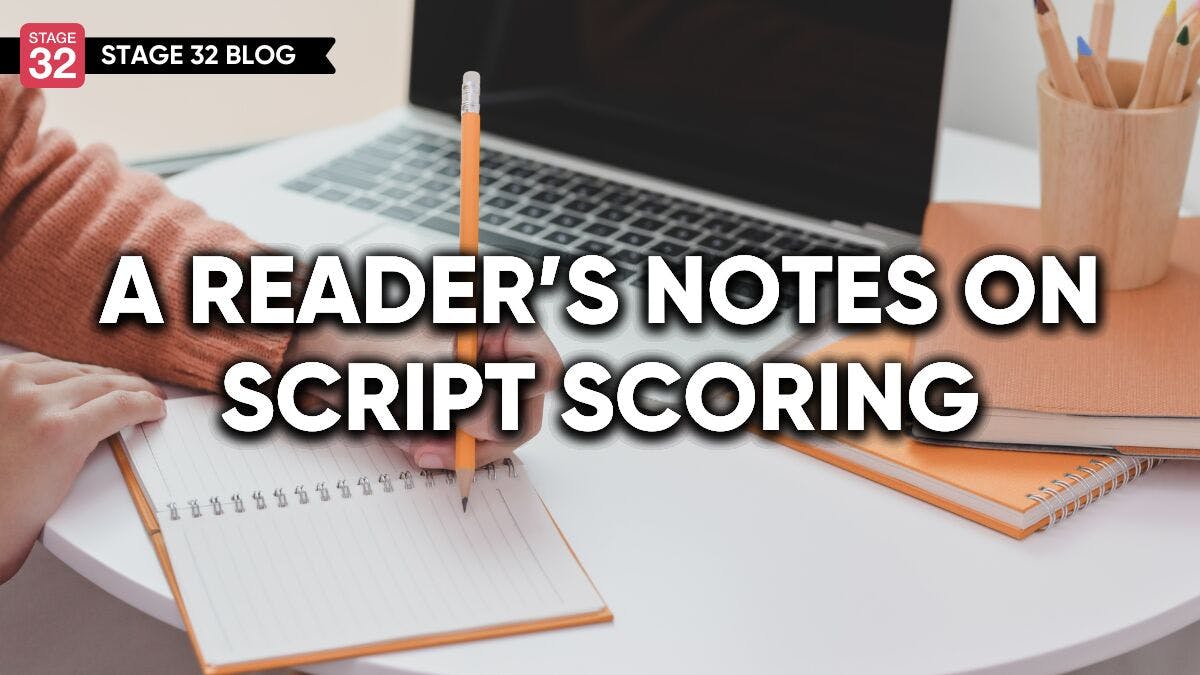How Can You Sell Your Screenplay To Studios?

How Can You Sell Your Screenplay To Studios?

A common question aspiring screenwriters crafting big blockbuster scripts ask is: "How can I sell my script to the studios?"
The truth, while not impossible, the chances of this happening for an "unknown" screenwriter (meaning you haven't sold anything before) is very slim. So, let's try and broaden the odds for you and look at Indie Film Production.
Stage32 has a plethora of Producers in this community, so let me suggest you start by forming relationships with them and seeing where that leads. Don't start by saying, "Hey, I've got this script I want you to produce!" Instead, do your research. Look at what they've done in the past; the genre, the impact, and their network. Build bridges, not caverns.
Here's a case study on Director/Screenwriter Duncan Jones, son of the famous David Robert Jones, aka David Bowie. Duncan's original name was Zowie Bowie, so he changed it! His breakthrough film was 'Moon' (2009 - starring Sam Rockwell and featuring Kevin Spacey). The budget, as told to the BBC, was £2.5 million, bringing in over £16m through the box office and DVD sales. Jones' box-office revenue as a Director and Screenwriter since then, is over $1 billion. Not bad for a guy who started out on a low-budget science-fiction film.
So you've written your $100 million script and are looking for a producer here on Stage32, and you can't seem to find anyone who will make you a millionaire. The big question is, so what else have you got? Nothing? Then it's time to get writing.
Start with a manageable, low-budget story or perhaps a short film, as recommended by director, producer, and Stage 32 Thought Leader Ryan Little. Limit cast and locations, like 'Moon.' Jones couldn't afford CGI and worked with model-makers for 'Moon' exteriors. He couldn't afford a cast of hundreds, so Sam Rockwell carried the film along with a few supporting characters. Jones went on to direct 'Warcraft' (2016) with a budget of $160 million, which grossed $439 million. Don't start big; start smart. No one would have trusted him with Warcraft without proving his talent on a low-budget film.
Who was it said that 'out of limitations comes creativity'?
Craft a story with one main character and one location. Is it possible to have a story of dynamic tension with only one character? You betcha.
You can be creative about the location and show various aspects and facets of it to make the most out of the limitations of one exterior location.
All of this can help us to break into the industry, but we have to be smart. Instead of focusing on the Hollywood Studios, look around you for the talent in this community and connect with Indie Producers.
PHIL HARDY:
I just read Geoff Hall's advice, and he's right on the money.
My advice comes from my personal experience relating to my efforts to make films. I have one film in post-production, another script scheduled to shoot in a few months, and a third planned for October. So after ten years of pushing screenplays, am I setting the world on fire? The answer is no. Am I on the right path? The answer is yes.
In 2018, I received a pretty decent break when a hip-hop producer in Florida contacted me about a teleplay based on the life of known Gambino crime family associate Biff Halloran. I also have the rights to a jailhouse memoir written by the late Halloran; and the Florida producer had interview tapes he'd recorded of Halloran in the 1990s. With my script and those other items, we secured a right-to-shop deal with De Pass Jones Agency, a company with some major credits. Beyond that, I've never had or signed with a talent agent or manager.
To date, I've signed 16 option and right-to-shop deals. Except for Depass Jones, all my agreements have been with Indie producers and directors. One is responsible for getting pitches and screenplays in front of Warner Brothers, Paramount, Blumehouse, Millennium Entertainment, Shondaland, Tyler Perry, Bob Zemeckis, William Morris Endeavor, and many others.
Though it's always flattering to get work in front of high-level industry people (and this isn't a bragging session), it's nearly impossible to get a screenplay or teleplay sold to one of these players; particularly when, at the time, I was an unproduced writer.
But allow me to digress. In the late 1990s, before I had even thought about screenwriting, I heard a radio interview with Quentin Tarantino. The host took calls from his audience, and one of the listeners asked QT how he could sell a script. QT told the caller it was nearly impossible to sell a screenplay when you're an unknown commodity. Back then, I thought he was being harsh and insensitive. But, in reality, QT was keeping it real.
So how did I get screenplays optioned and a feature film produced? The answer is what Geoff stated earlier in this blog. Don't start your career by attempting to sell a hundred-million-dollar tent-pole screenplay. If you're a new screenwriter, it means setting realistic, achievable goals. I suggest crafting some low-budget, limited-location scripts that you can sell to indie or lower-budget producers who are making (and not talking about) films. That means ferreting out folks with no verifiable feature film credits.
If I write low-budget scripts, aren't I selling myself short? The answer is no. Instead, you will position yourself to solicit independent filmmakers by crafting limited location screenplays with smaller casts and without costly special effects. Indie producers are more accessible than large-scale studios and producers represented by gatekeepers who don't want your unsolicited work.
How did you acquire deals for your low-budget scripts? Earlier in this blog, Geoff discussed building relationships with indie producers and that the folks at Stage 32 have channels to connect you with those producers. Before you accuse me of shilling for this platform, I will admit that many of my opportunities came from using inexpensive services that connected me with independent filmmakers. Now you can certainly stick with looking for options that cost you nothing, but you will vastly limit your ability to communicate with professional industry people.
I have a limited budget, and I can't spend much money on paying for pitches. I get it, and I've had some pretty lean years myself. Therefore, as Geoff said earlier, do your research and look for cost-effective ways to connect your material to producers, agents, and managers. You may want to spring for IMDbPro, so you can access valuable contact information about producers, directors, actors, and talent agencies. Stage 32 also has some cost-effective options, including *The Writer's Room* which will provide access to some pitching opportunities. They also have Pitch Sessions and Script Consultations so you can get feedback on your script while networking.
But as Geoff eloquently stated earlier, educate yourself on who you're pitching to and what they're looking for. Research and apply for every fellowship or contest opportunity you can find, with some right here on Stage 32.
In preparing to solicit your work, ensure it's professional and visually pleasing. This includes the following items.
- A suitably formatted screenplay or teleplay that's been checked for spelling, grammar, and omitted words. And a good story structure wouldn't hurt.
- A visually pleasing pitch deck with limited, large font that provides a logline, brief synopsis, cast descriptions, and comparable films.
- A well-written, journalistic logline and synopsis.
I hope some of what I've imparted helps, and if you have any questions regarding this post, just hit Geoff or me up at Stage 32.
This piece was co-authored by Geoff Hall and Phil Hardy.
Geoff Hall is a Director, Screenwriter, Author, Stage 32 Lounge Moderator based in Bristol, United Kingdom.
Phil Hardy is a Screenwriter and Musician based in Austin, TX.
Let's hear your thoughts in the comments below!
Got an idea for a post? Or have you collaborated with Stage 32 members to create a project? We'd love to hear about it. Email Emily at blog@stage32.com and let's get your post published!
Please help support your fellow Stage 32ers by sharing this on social. Check out the social media buttons at the top to share on Instagram @stage32 , Twitter @stage32 , Facebook @stage32 , and LinkedIn @stage-32 .
About the Author

Phillip E. Hardy, Prolifique
Screenwriter, Musician
Phillip E. Hardy has been building his brand since 2012, and except for having one script repped by Depass, Jones Entertainment has managed to personally secure 20 options deals and get the upcoming feature Purgatory Station (which was recently in the top 50 scripts of a Roadmap Writers contest) pro...





